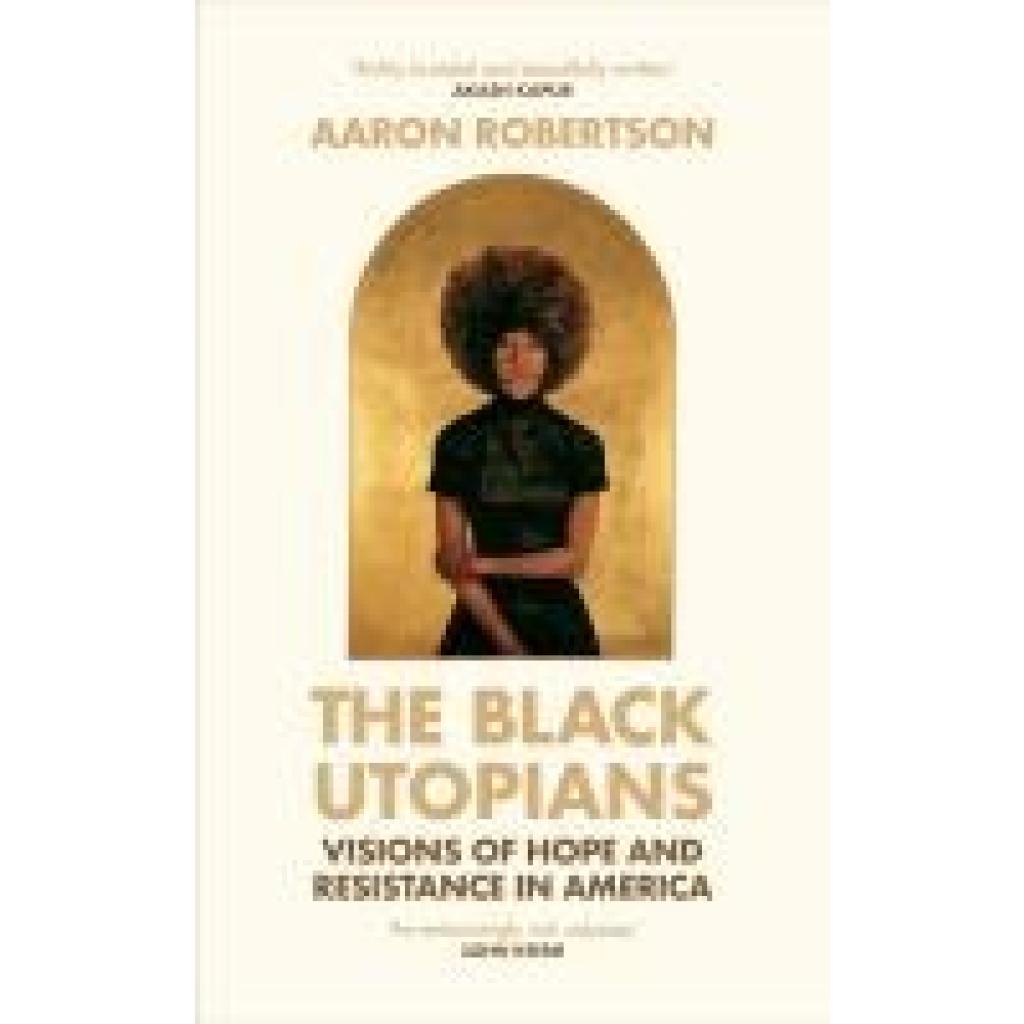How do the disillusioned the forgotten and the persecuted not merely hold on to life but
expand its possibilities and preserve its beauty? What in other words does utopia look like
in black?These questions animate Aaron Robertson's exploration of Black Americans' efforts to
remake the conditions of their lives. Writing in the tradition of Saidiya Hartman and Ta-Nehisi
Coates Robertson makes his way from his ancestral hometown of Promise Land Tennessee to
Detroit - the city where he was born and where one of the country's most remarkable Black
utopian experiments got its start. Founded by the brilliant preacher Albert Cleage Jr. the
Shrine of the Black Madonna combined Afrocentric Christian practice with radical social
projects to transform the self-conception of its members. Central to this endeavour was the
Shrine's chancel mural of a Black Virgin and child the icon of a nationwide liberation
movement that would come to be known as Black Christian Nationalism. The Shrine's members
opened bookstores and co-ops created a self-defence force and raised their children
communally eventually working to establish the country's largest Black-owned farm where
attempts to create an earthly paradise for Black people continues today. Alongside the Shrine's
story Robertson reflects on a diverse array of Black utopian visions from the Reconstruction
era through the countercultural fervour of the 1960s and 1970s and into the present day. By
doing so Robertson showcases the enduring quest of collectives and individuals for a world
beyond the constraints of systemic racism. The Black Utopians offers a nuanced portrait of the
struggle for spaces - both ideological and physical - where Black dignity protection and
nourishment are paramount. This book is the story of a movement and of a world still in the
making - one that points the way toward radical alternatives for the future.



